Buying a car is an investment, and every one of us wants to do it right. If you’re opting for a used car, you might have some concerns or doubts regarding the vehicle. It is extremely essential to answer all the issues and have a deep, thorough look into the machine before handing over the money. It is not very rare to see people getting duped while buying a second-hand vehicle.
The first rule is to purchase from a valid source. There are multiple websites on the internet or dealers that can get you a good deal from an authorized seller. However, no matter how authentic the dealer is, it is always a good idea to go through some checks on your own.
In addition to the physical check, it is essential to take a look at the mileage, engine, brakes, and other critical components. If you’re worried there might be some hidden repair or issues, let a professional such as those at ActonServiceCentre.co.uk.
Another way to avoid any unnecessary surprises after purchasing the car is to look at the history beforehand. A history check reassures you that everything is authentic, and lets you cross-check the claims made by the seller.
If you’re wondering how to see the history of a vehicle, keep reading to find out!
A good vehicle check will help you know if there are any outstanding finances, incorrect mileage, MOT history, service history, previous owners, etc. Let’s take a look at how you can perform these!
1. DVLA Information
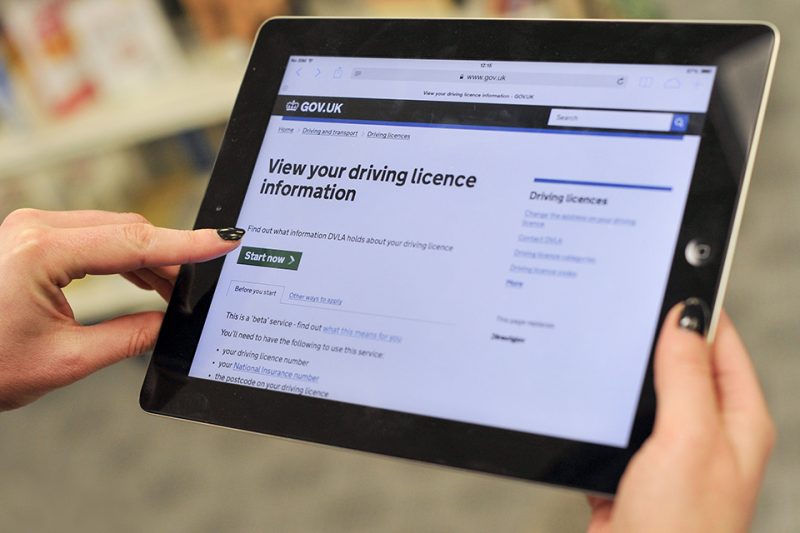
img source: gov.uk
Nothing can be more authentic than the information offered by the DVLA.
All you need is the car’s registration number, and the online government tool will give you the following information:
- Date of Registration
- Manufacture Year
- MOT expiry Date
- Vehicle Tax Expiry Date
- SORN Status
- Recent Log Book (V5C) Issue Date
- Colour
- Engine Size
- Fuel Type
- Weight
- Export Status
- Current tax rate
- CO2 emissions
This service is absolutely free to use, and you can access it from the official website without any hassle.
2. MOT History
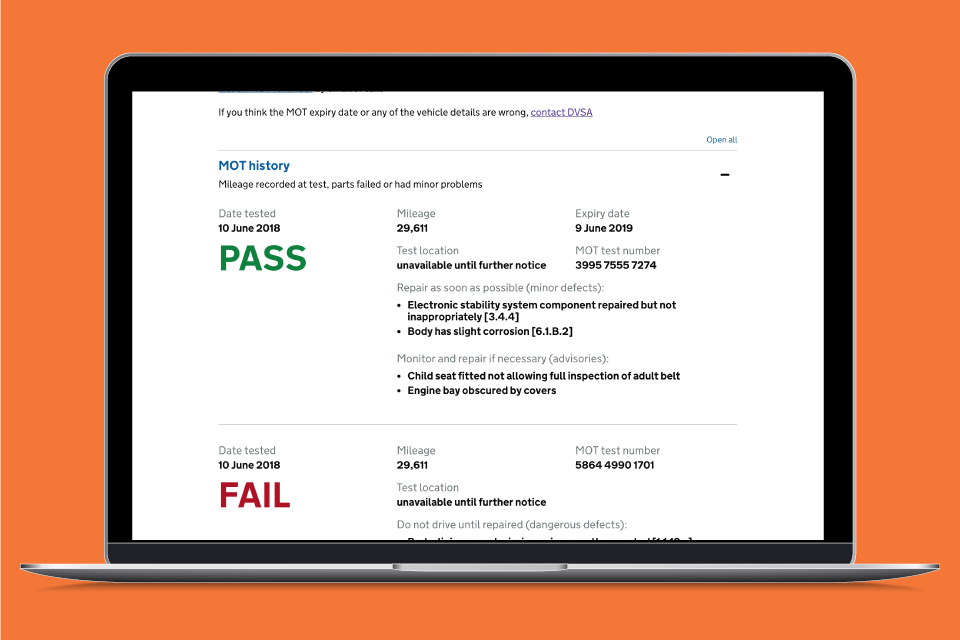
img source: gov.uk
MOT is a very crucial step when it comes to the maintenance of the vehicle. Without a valid MOT, not only is your car dangerous to be on the road, there is a heavy fine associated with it. The government of the UK provides a simple website to access the history of the MOT using the registration number. It will help you rest any uncertainty regarding the car’s service checks, as well as cross-check the seller’s claims.
The government website presents the following information:
- Passing/Failing MOT Test over the years
- Mileage of the car when tested
- Place of each test
- The reason for failure including what parts failed at which test
- The MOT due date
3. Outstanding Finance Check
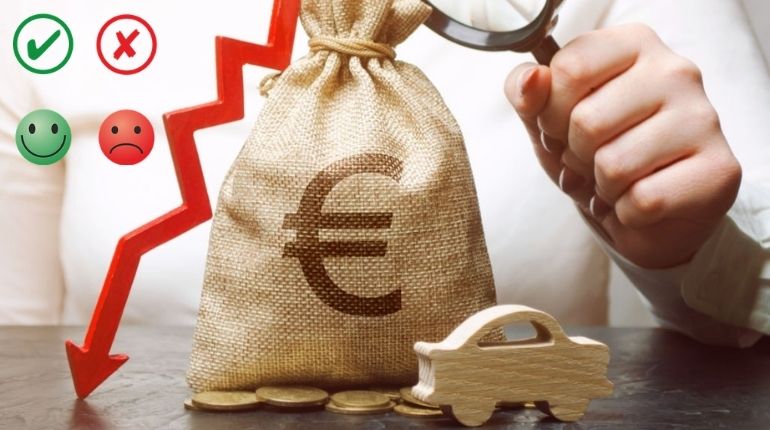
img source: caranalytics.co.uk
Imagine paying for a car, only to realize you’re still not the complete owner and have outstanding dues on it. Doesn’t sound like a dream, does it?
It is very normal to purchase a vehicle on EMIs or some sort of finance deal. Most of the finance companies have a policy where the current owner has to repay the dues before selling the car. But some people avoid the responsibility without telling the new owner about the finance arrangement.
In such a situation, you may become liable to pay the outstanding debt as the new registered owner of the car. That is just an unnecessary additional cost on top of the investment you made to buy the car. You can fight the claim with the Hire Purchase Act (1964), but that is an additional hassle no one likes to have.
To avoid such a situation, you can opt for various paid services at quite a reasonable cost. These services check for any outstanding finances of the car, so you can make a headache-free purchase.
4. Is it stolen?
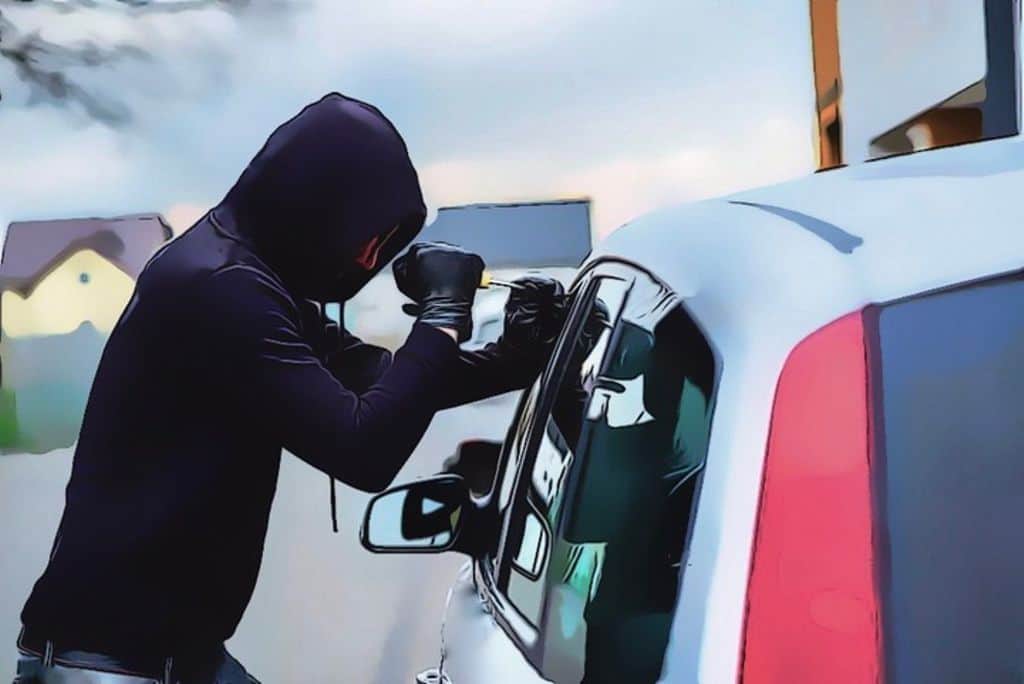
img source: carcody.com
Imagine buying a car only to be informed by the authorities that it was stolen. Not only will you lose the car, but you will also lose the money paid to the seller. It is a nightmare for any aspiring car buyer. There are a few checks you can make on your own to ensure the car is authentically owned by the seller.
Let’s take a look at these checks:
- Ask the seller for the vehicle’s logbook or the v5C registration certificate. To ensure its originality, make sure it has the ‘DVLA’ watermark. Now check the serial number of the logbook – if it falls between BG8229501 to BG9999030 or BI2305501 to BI2800000, it is more likely stolen. Inform the concerned authorities as soon as you can.
- Find out the Vehicle Identification Number (VIN) which is a string of 17 letters and numbers. Cross-check the VIN and the engine number with the details on the logbook. You can also find the VIN on the driver’s side front door, the dashboard, or the engine compartment.
- Check all the other details in the logbook.
There are no free UK government websites for this. You can try out other paid services at a nominal cost with effective results.
5. Safety First
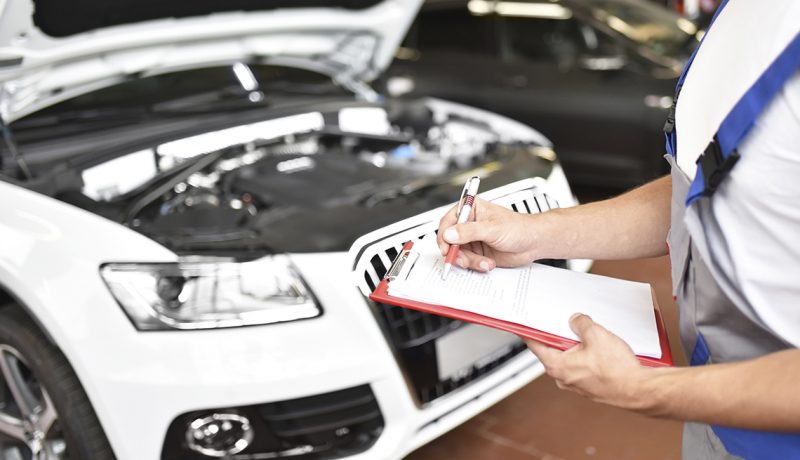
img source: aarp.org
You want to buy a car without any serious safety issues. If there is any major issue pending, the seller should solve and repair it before handing it out to you. You can opt for the service provided by the UK government that checks for recalls on a vehicle, part, or accessory. Just enter the car’s registration number, and the results are there!
6. Written off Check
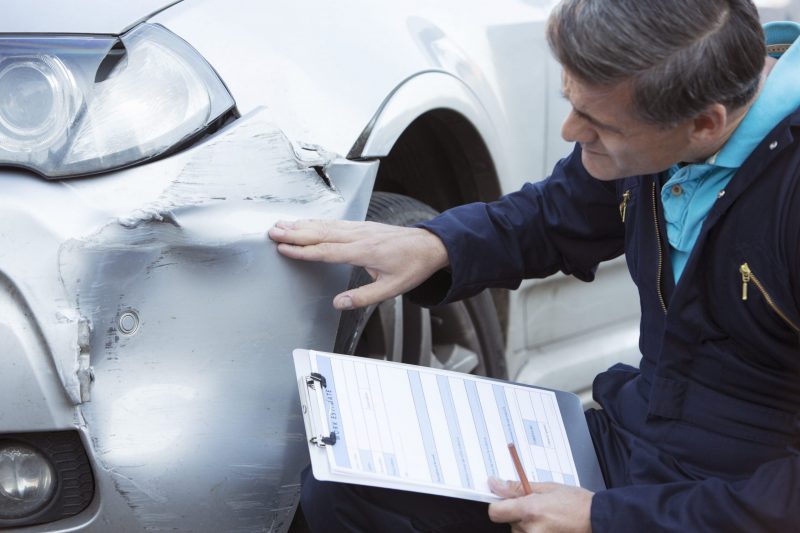
img source: kirkland-mcghee.com
Before you buy a vehicle, ensure that it has not been written off as that could be dangerous to drive. Moreover, it can have very pocket-heavy repairs that would come back for you. According to the information, if a vehicle is categorized as a Category A or Category B write-off, it should never go back on the road.
You can opt for this service through paid mediums.
Going through all the checks mentioned above will ensure that your vehicle is completely safe and trouble-free to bring home. If you have any impending doubts, you can look for other kinds of services to produce more information. However, always make sure that you only make the purchase if nothing is out of line.

